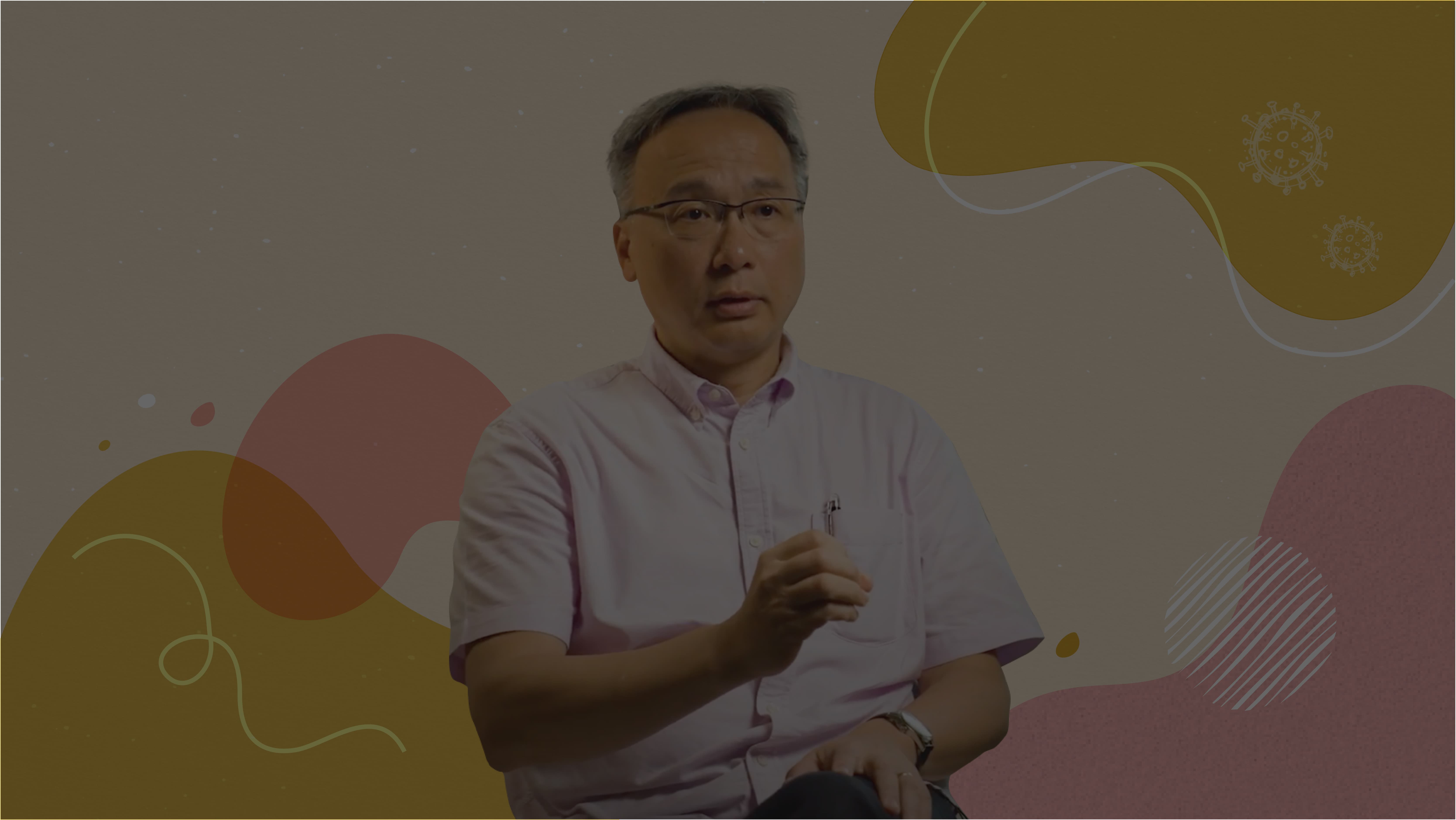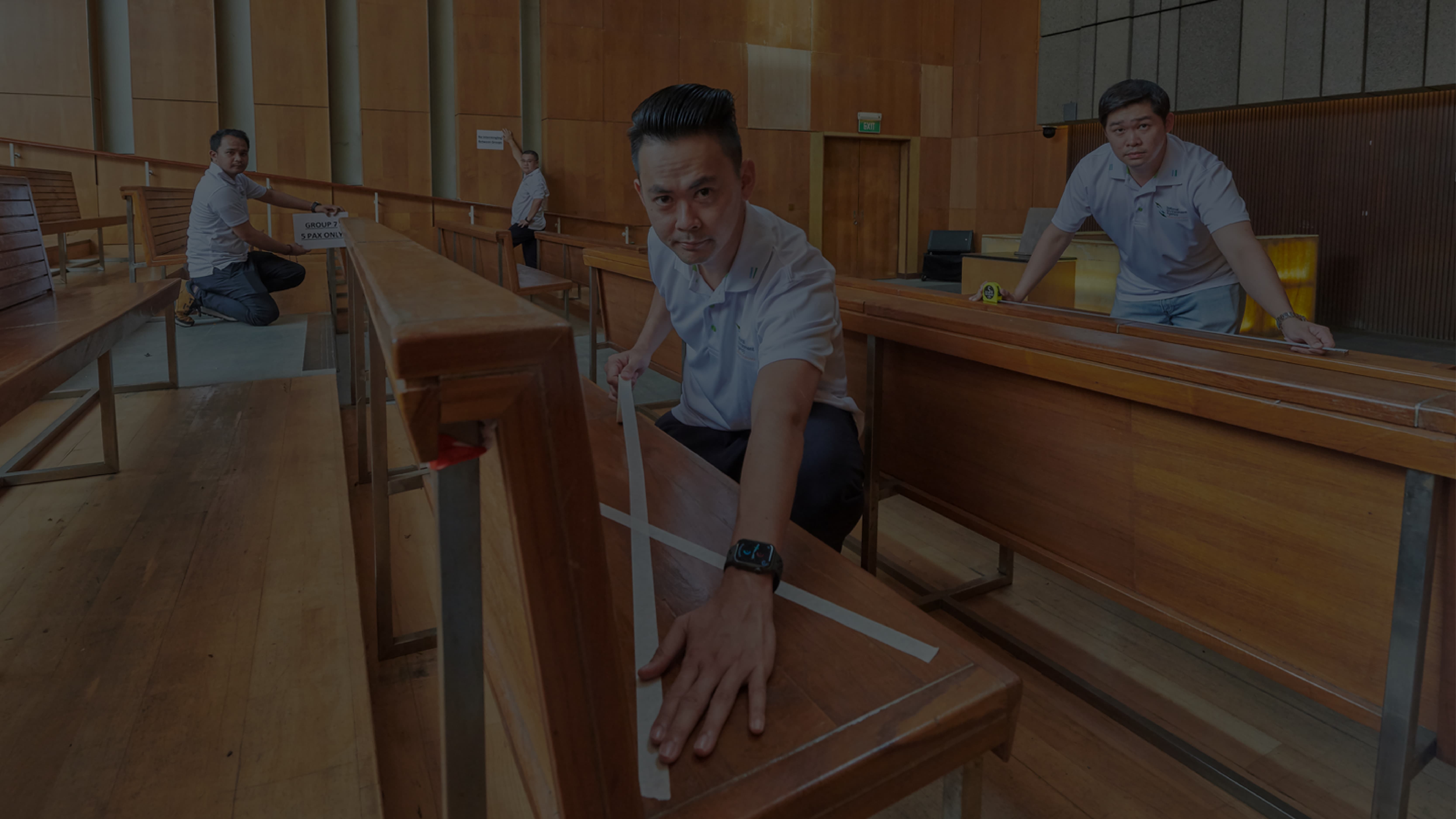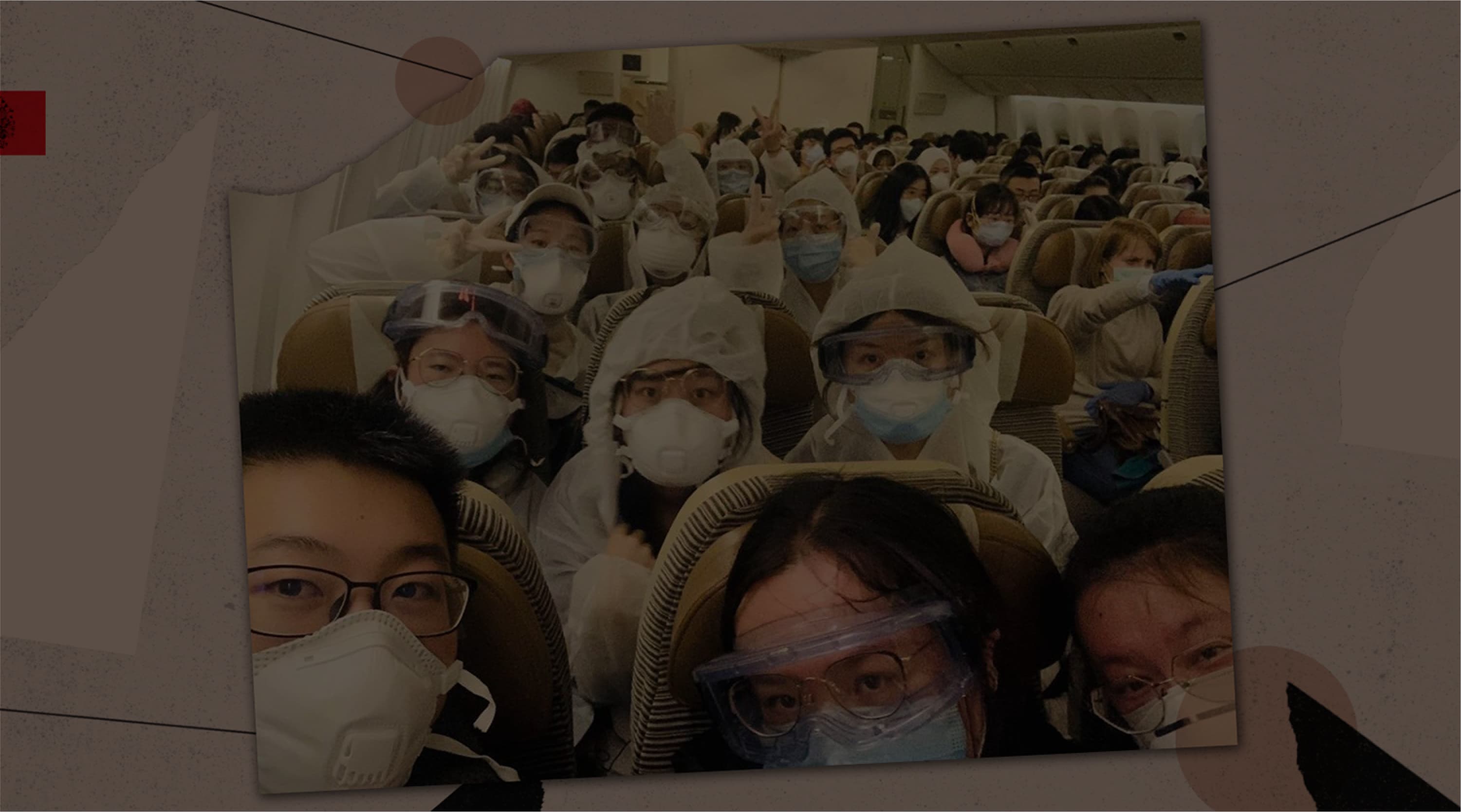Adapting For A Better Shot At COVID-19 Resilience
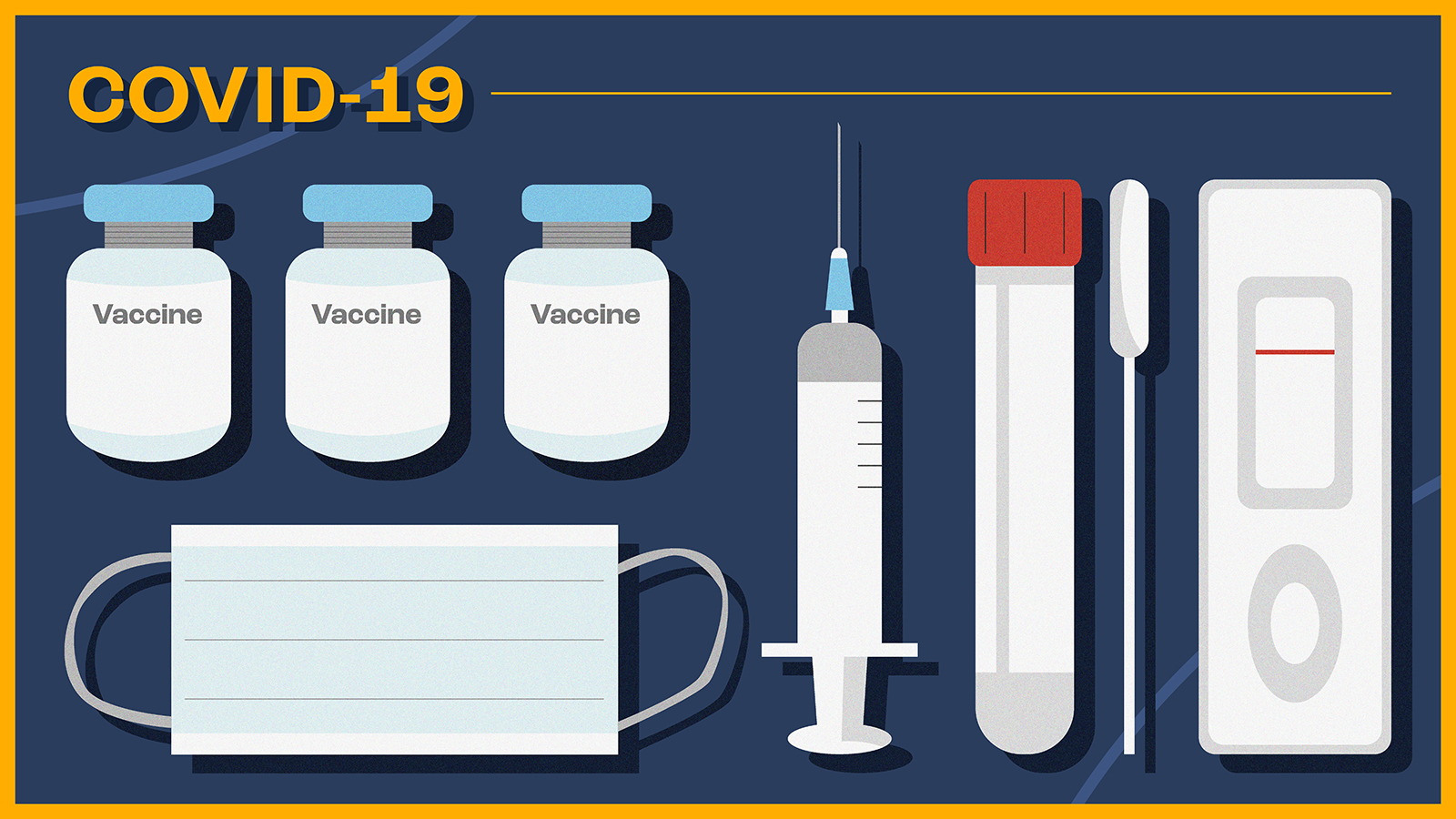
On December 21, 2020, Singapore became the first in Asia to receive a shipment of the Pfizer-BioNTech COVID-19 vaccine – a welcome milestone after an arduous eight-month-long process of navigating and adapting to unknowns and novel circumstances.
This outcome was the culmination of wide-ranging effort from across the whole of government, the Planning Group (Vaccines and Therapeutics) led by Head, Civil Service, and officers from the Economic Development Board (EDB) who leveraged Singapore’s global biomedical hub status to initiate discussions. Meanwhile, officers in the Ministry of Health (MOH) secured contracts and those in the Health Sciences Authority (HSA) reviewed the data on these novel vaccines.
In the global arena, colleagues in the Ministry of Foreign Affairs spearheaded Singapore’s leadership in the COVID-19 Vaccine Global Access Facility, a platform to ensure equitable access and distribution of a wide portfolio of COVID-19 vaccines to all countries.
The work, which began in April 2020, also included setting up the Therapeutics and Vaccines (TxVax) panel – an expert committee of 18 scientists and clinicians across hospitals, A*STAR and the private sector – chaired by Professor Benjamin Seet, Deputy Group CEO (Education & Research), National Healthcare Group. Amid the uncertainty at the time, the panel went to great lengths to assess the scientific, technical and clinical merits of each potential treatment and vaccine. They evaluated more than 40 vaccine candidates, taking into account the scientific data, novelty of platforms, track record of companies, strength of development plans and ease of deployment.
Prof Seet shares: “Through the efforts of TxVax, Singapore evaluated all leading global therapeutics and vaccine candidates, through information gleaned from scientific literature, industry reports, global clinical trial networks as well as numerous engagements with companies and scientists.” Eventually, the final candidates were selected and Singapore moved ahead with the Pfizer-BioNTech, Moderna, Sinovac and Novavax vaccines.
According to Ms Goh Wan Yee, Senior Vice President (Healthcare), EDB: “This WOG effort allowed Singapore to punch above her weight to secure early access to COVID-19 vaccines and take the lead in vaccine multilateralism globally.”
This was the result of moving rapidly to make risk-calculated procurement decisions based on the available evidence, which involved several COVID-19 vaccine candidates across different technology types, added Prof Seet. “We didn’t do too badly, considering that the odds of developing a successful vaccine was one in ten.”
An Eye For Safety
While the MOH negotiated the commercial agreements, the HSA stepped in to review the clinical trial data and began the approval process under a new Pandemic Special Access Route.
Ms Agnes Chan, Director, Therapeutic Products Branch (Health Products Regulation Group) at the HSA, explains that unlike in peacetime when regulatory filing and review typically occurs after the full dataset is available, vaccine manufacturers submitted data on a rolling basis as and when data was generated from on-going clinical studies and manufacturing developments.
“The regulatory agility and flexibility allowed for speedier development and evaluation while not compromising on our scientific standards for approval,” she explains.
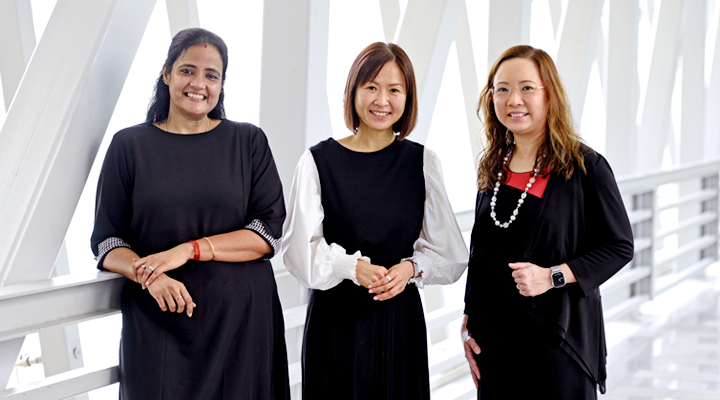
This expedited approach led to Singapore’s first wave of vaccinations for frontline healthcare workers on December 30, 2020. As vaccinations rolled out progressively across the island, HSA’s Vigilance and Compliance Branch began its work on post-authorisation surveillance work.
Its Director, Ms Jalene Poh, explains: “Even before the vaccines were authorised and rolled out globally, HSA’s pharmacovigilance team started work to enhance the post-market monitoring framework to ensure that any emerging safety concerns with the vaccines could be detected and addressed promptly to protect public health.”
Pushing out this enhanced safety monitoring framework in a compressed timeline was a whole-of-government effort. Together with the Health Promotion Board, the MOH, and the Integrated Health Information Systems, the pharmacovigilance team established IT systems and processes to capture all COVID-19 vaccinations in the National Immunisation Registry for safety monitoring.
Faster Reporting And Updates
Apart from encouraging active reporting of adverse events by healthcare professionals, the HSA also made reporting such cases easier and faster by enabling self-reporting via an online platform. The HSA also established an active safety surveillance system that leveraged real-world data.
Beyond safety, the HSA worked to maintain public confidence by publishing findings and data in a new regular safety update on COVID-19 vaccines. This proactive public communications and education effort, says Jalene, was especially important in light of intense scrutiny and understandable concerns about safety. In tandem, the HSA worked closely with the MOH to review and address any false and misleading information on vaccine safety.
Looking back, Jalene notes that one significant outcome that arose from HSA's combined efforts was the timely detection of safety signals. This enabled the prompt implementation of safety measures, such as the 30-minute observation period, and the advisory to avoid strenuous physical activity for two weeks after vaccination. “As far as we are aware, we are the only agency to recommend these safety measures, based on our post-marketing surveillance data,” she says.
Test Kits, Masks And More
Over and above vaccines, the HSA played an important role in shoring up supplies of other pandemic essentials, setting up faster regulatory approaches for essential medical devices, personal protective items and test kits.
Tests, which have become a mainstay of Singapore’s pandemic response, were something that the HSA looked into proactively, says Dr Sethuraman Rama, Director, Medical Devices Branch (Health Products Regulation Group).
Early in the pandemic, the HSA engaged developers of COVID-19 tests to support them in the design, development and validation of tests, particularly in implementing a new provisional authorisation pathway in January 2020.
This led to the provisional authorisation of the Fortitude test kit – the first locally developed test kit, approved in February 2020, and later deployed to 13 local hospitals/labs and more than 40 countries worldwide. Regulatory agility was also in play to facilitate timely access to other essential medical devices such as ventilators that were in demand during the pandemic, Dr Sethuraman adds.
Guidance and support were also given to manufacturers to build capabilities and ramp up national supply for swabs and masks. For instance, mask manufacturing has expanded from one facility before the pandemic to 35 today.
Balancing Agility With Safety
The story of Singapore’s speedy vaccine approvals has been a balancing act of regulatory agility and flexibility, without compromising safety and effectiveness, notes Agnes.
It has also showcased tenacity and unity. Agnes shares: “During this challenging period, my team stepped up with resilience, strong teamwork and readiness to answer the call of public duty. These remarkable traits have enabled us to press on despite working within extremely compressed timelines and dealing with highly complex scientific data.”
For Jalene, it has been heartening to witness the tenacity and unity across teams, especially for those who had to take on an extra load to ensure business-as-usual work went on.
“Work needed to be re-prioritised and resources re-allocated to manage the increased workload. Staff did not hesitate to put in many extra hours, including working late nights, over weekends and even during public holidays to cope with the work demands.”
Amid great uncertainties, the multi-agency team comprising the EDB, HSA, MOH, Ministry of Foreign Affairs and Ministry of Finance managed to secure early access to COVID-19 vaccines, which led to Singapore having one of the highest vaccination rates in the world. The team won the One Public Service Award at the 2022 COVID-19 Public Sector Transformation Awards.
- POSTED ON
Jul 6, 2022
- TEXT BY
Jinny Koh
- PHOTOS BY
Health Sciences Authority




